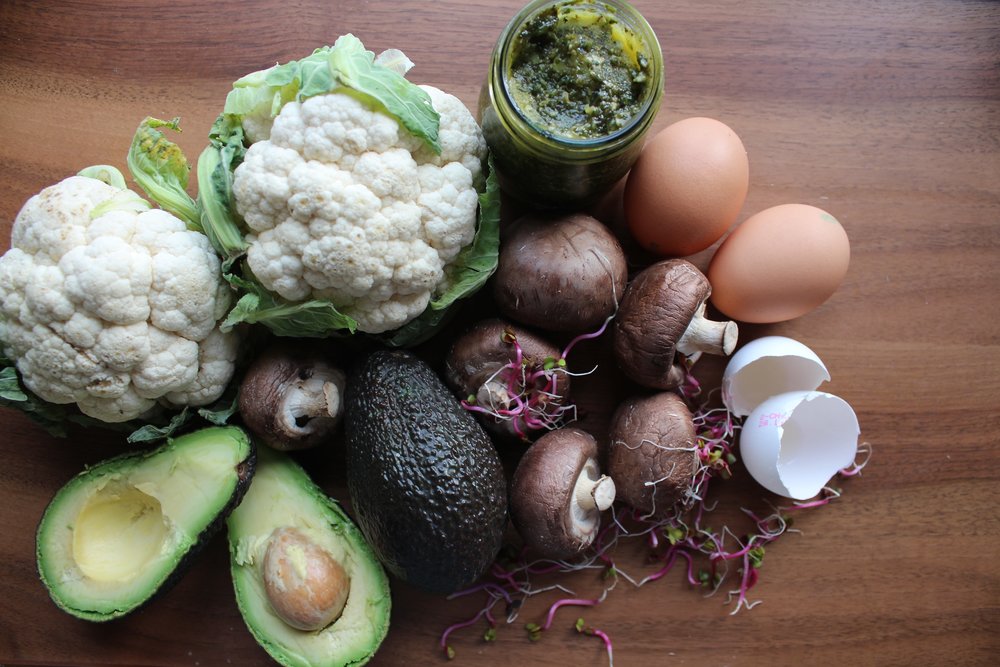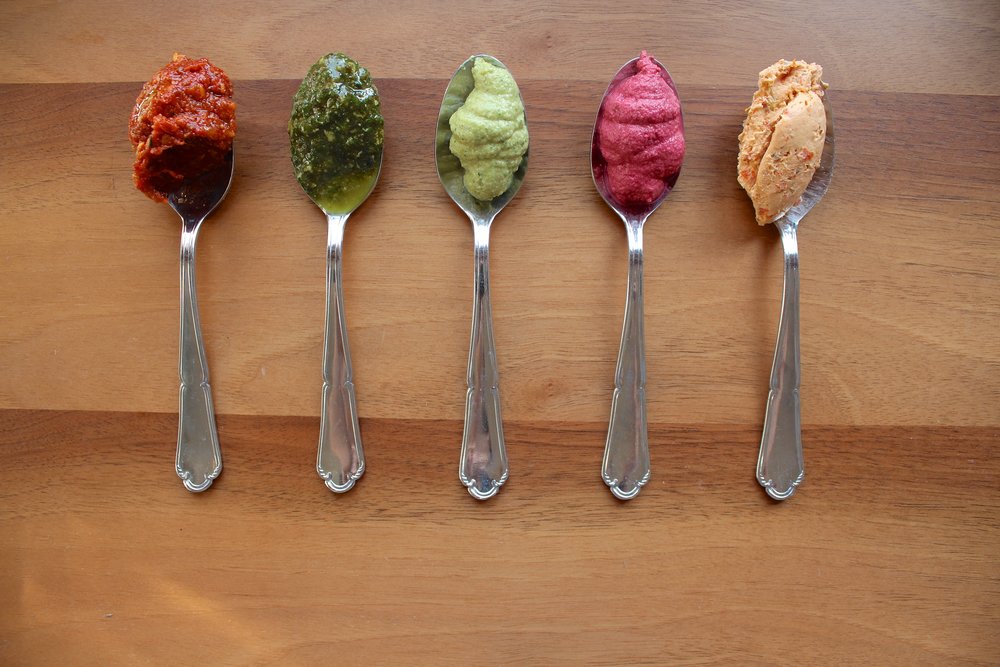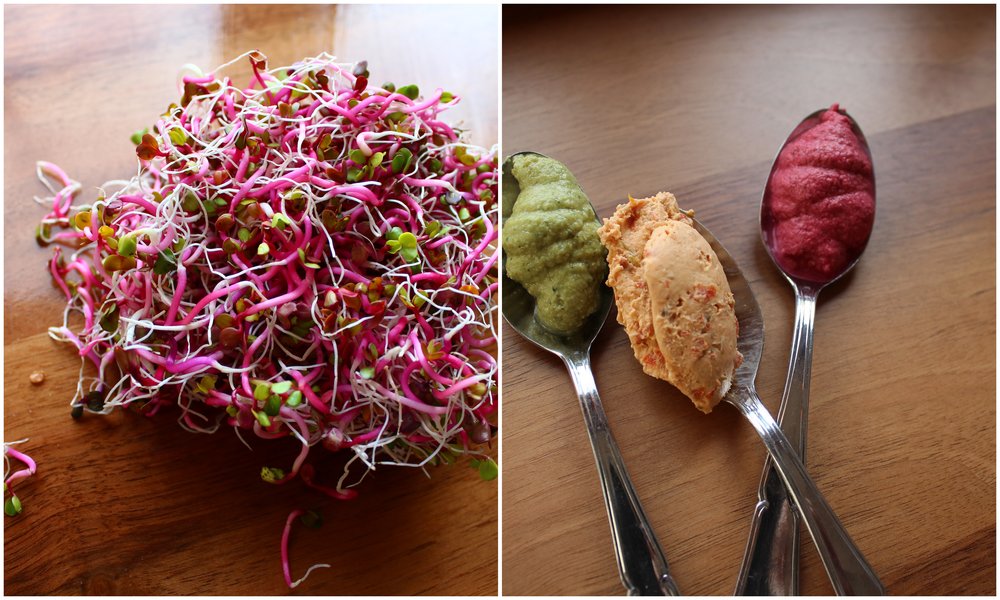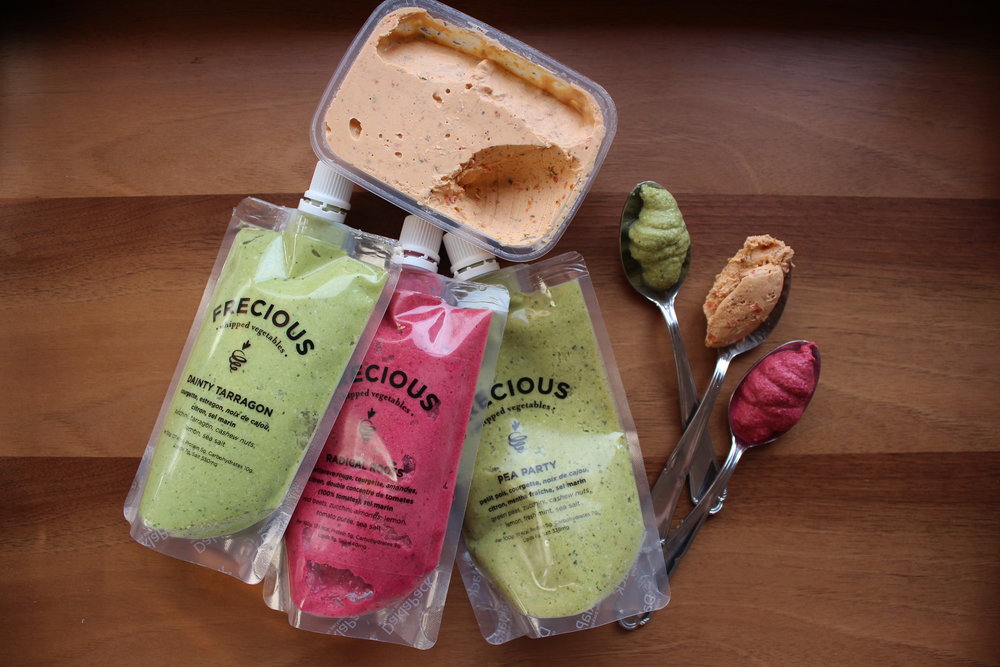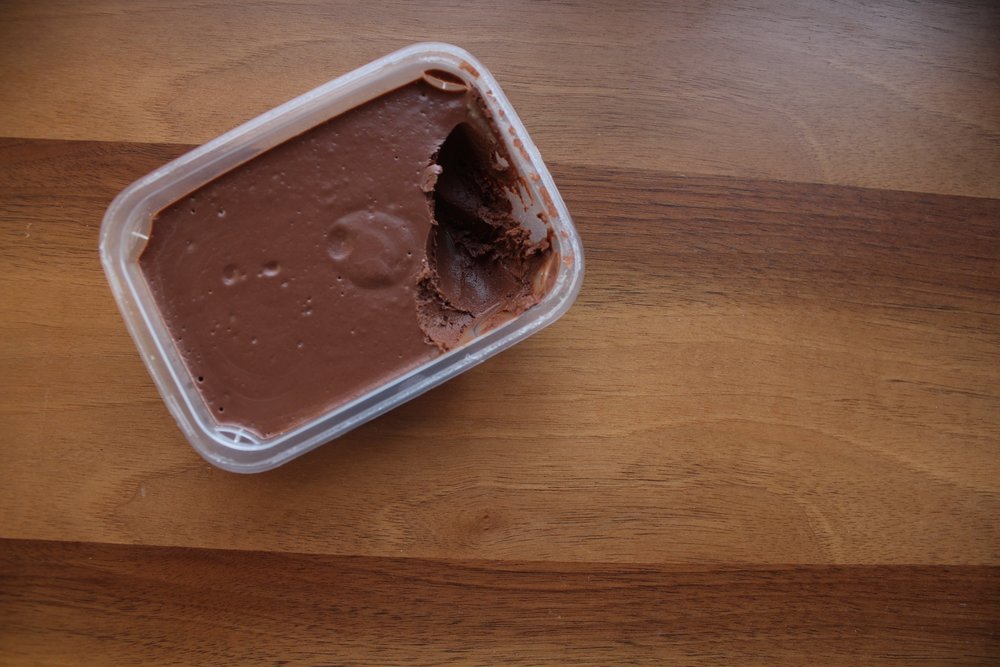A Word On Organic Vs. Non-Organic Produce
I know how confusing it can be to navigate the conflicting and ever – changing health philosophies that are out there. Fat makes you fat. No wait, fat is good for you. Fruits are healthy. No, fruit has too much sugar! Don’t eat carbs after 5 PM. 801010 all the way! The conflicting advice is never ending. What are we supposed to believe?
I am still on a journey of discovery and experimenting with different food philosophies. I have gone from vegetarian to trying to be fully vegan to attempting 801010 for a week. I believe in the long term healthy benefits of a high carb diet, but I wouldn't mind having a six pack, so shouldn't I eat high protein and low carb instead? I am not the one to give you answers to all your health and nutrition questions, that’s for sure.
But I am pretty sure about one thing: organic is always better than non-organic.
Non-organic food involves the use of chemical fertilizers and pesticides. The latter are neurotoxins designed to kill living creatures. There are many cited negative effects of pesticides on humans, such as damage to the nervous and reproductive system, immune dysfunctions and a disruption of hormone functions as well as developmental and behavioural abnormalities. When genes in foods are tampered with through genetic modification, it can cause unanticipated side effects, including an increase in toxins and allergic reactions and a decrease in nutritional value. In short: pouring poisonous junk into our soils, waters and mouths is potentially hazardous to our health. While the US is the country with the most GMO products, it is pretty hard to avoid genetically modified food anywhere in the world, even in a Swiss supermarket (where I am currently based). What to do ?
The first thing is to avoid processed food as much as possible. The second thing is to choose organic food whenever possible. In organic farming, crops are carefully and thoughtfully grown and are rotated so as not to deplete the soil of its vital minerals. Some studies even show up to 87% more minerals in certain organic fruits and vegetables!
In Switzerland, there is company called Farmy that supplies exactly what I am looking for: organic, local and seasonal foods. When buying their products, I can be sure that I am only nourishing my body with the most wholesome foods and as a bonus, I know that I am helping local suppliers and also reducing my carbon footprint. I don't know about you, but for me that ticks all the right boxes. They were so kind to send me a bunch of their products (which I got to choose myself, yay!), ranging from organic eggs, yoghurts, cauliflower, mushrooms and avocados to a bunch of different pesto sauces and vegan dips. It arrived early in the morning in a beautiful wooden basket, could it get any better? I have to say, my absolute fave was the vegan tofu-based chocolate mousse from Soyana. I've tried making my own with numerous recipes, but this has topped everything. The spreads from Frecious were also pretty amazing and completely different to anything I've tasted before.
Let's take a look at fruits: Organic fruits are the most alkaline, because they are grown in mineral-dense soil. Organic farmers allow fruits and vegetables to fully ripen on the vine before they are sent off to the local supermarkets. Once a food is picked, it cannot absorb any more nutrients from the ground. It’s only logical that since organic foods are usually picked at later stages and are grown in much better soil, they yield higher quantities of vitamins and minerals. The avocados I got from Farmy for example were already perfectly ripe when I got them, so I directly went about to make myself an avo toast as an afternoon snack.
What about meat? The ugly truth is that factory-farmed animals are usually fed huge amounts of chemicals, hormones, antibiotics and steroids before being slaughtered. Inevitably, all these chemicals end up on our plate. Same goes for most dairy products by the way. Not to mention the inhumane conditions of most farms! Just last month one of Europe’s biggest pig producers, Adrianus Straathof, has been given an occupational ban after police has proven repeated animal abuse and mysterious use of drugs without medical examination. What a milestone!
Then there are the less obvious foods, such as cashews and peanut butter. While they might be great in most vegan recipes (especially dessert recipes), they are also very pesticide – saturated and are more susceptible to accumulating various potentially toxic molds. If you must use them, always buy organic and eat in moderation.
As I mentioned in a previous article here, the majority of soy is genetically engineered. It has two times the amount of lectin than non-organic soy, which is associated with food sensitivities. This could explain why so many people are allergic to soy. I myself have noticed that my mouth gets all tingly lately when I drink a soy latte…Hope I’m not getting allergic to soy too!
All of this should give you reason to think and make you reconsider your food choices. That being said, buying organic isn’t always possible, be it for money reasons or simply because it is not available. Fortunately, not all foods necessarily need to be purchased organically. When buying on a budget, such as myself, try to keep in mind the « Clean Fifteen » and the « Dirty Dozen ». Here's a link to the Environmental Working Group's website which lists 2014's most and least pesticide - sprayed produce, which will help you make better choices next time you buy groceries. Even if it's not every time you get groceries, each organic purchase is a vote for better health and politics.
I got all my information from the books "Crazy Sexy Diet" by Kris Carr, "The Fast Food Nation" by Eric Schlosser, "The Beauty Detox Solution" by Kimberly Synder and Jess Ainscough's blog "The Wellness Warrior". They're pretty awesome sources for all kinds of info, so if you haven't yet, you should totally check them out!
Thank you again, Farmy, for letting me try your products. If you live in Switzerland and one of your New Year's Resolutions is to buy more organic products, you know where to look!


